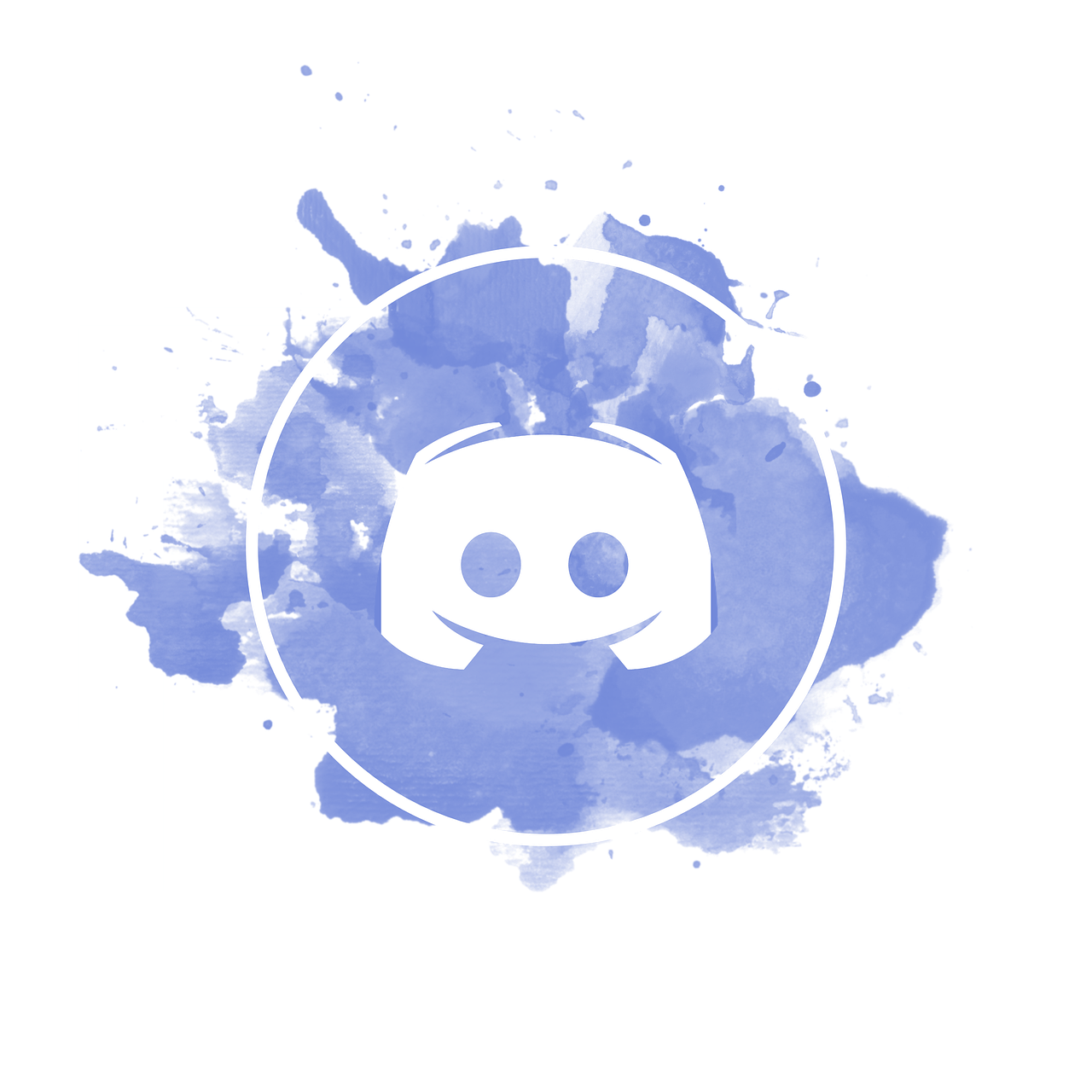Who Owns Discord? A Deep Dive into the Company's Leadership and Future

Discord, the globally renowned communication platform beloved by gamers, communities, and professionals alike, has become a cornerstone of digital interaction. But who owns this tech giant, and what drives its strategic decisions? In this blog, we explore Discord’s ownership structure, its leadership, and future ambitions—backed by authoritative sources and industry insights.
Founders and Early Visionaries
Discord was co-founded in 2015 by Jason Citron and Stan Vishnevskiy, two entrepreneurs with a shared vision to revolutionize online communication. Jason Citron, who previously founded OpenFeint (a mobile gaming social network), serves as Discord’s CEO and has been instrumental in shaping its growth from a niche gaming tool to a platform with over 2 billion monthly active users as of 2024. Stan Vishnevskiy, the CTO, brought technical expertise to build Discord’s robust infrastructure, which now supports millions of servers worldwide.
The founders’ commitment to user-centric design and community-driven features, such as voice channels and customizable bots, has kept Discord at the forefront of social technology.
Investors and Valuation
Discord remains a privately held company, but its ownership extends beyond the founders to include prominent venture capital firms. Key milestones include:
2021 Funding Round: Discord raised 500millionata∗∗500millionata∗∗15 billion valuation**, with investors like Dragoneer Investment Group and Baillie Gifford leading the charge4.
Rejected Acquisition by Microsoft: In 2021, Microsoft offered $12 billion to acquire Discord, but the company chose to remain independent, prioritizing its community-focused mission4.
IPO Plans: Recent reports indicate Discord is exploring an initial public offering (IPO) as early as 2025, which could further reshape its ownership landscape2.
While specific equity details are undisclosed, Citron and Vishnevskiy likely retain significant control, supported by a board of directors representing major investors.
Strategic Priorities and Technological Innovation
Discord’s ownership strategy aligns with its technical ambitions. A notable example is its migration of critical services (e.g., "Read States") from Go to Rust, a programming language praised for its memory efficiency and performance stability. This shift eliminated latency spikes caused by Go’s garbage collection, showcasing Discord’s engineering rigor.
The company also embraces emerging trends like AI integration. For instance, Midjourney—a popular AI image generator—relied on Discord’s infrastructure to scale rapidly, highlighting Discord’s role as a hub for innovation.
Legal and Ethical Standpoints
Discord’s ownership is further defined by its commitment to user rights. In a high-profile 2024 case against Nexon, Discord defended user anonymity under the First Amendment, refusing to broadly comply with DMCA subpoenas that risked exposing anonymous speakers. This stance reinforces its reputation as a platform prioritizing privacy and free expression.
The Road Ahead: IPO and Beyond
With rumors of a 2025 IPO, Discord’s ownership structure may soon include public shareholders. Analysts speculate the IPO could value the company at over $20 billion, driven by its sticky user base and expansion into non-gaming communities like education and professional collaboration.
Jason Citron has emphasized that Discord’s future lies in balancing growth with its core mission: “We want to be a place where people feel they belong, whether they’re gaming, creating art, or just hanging out.”
Conclusion
Discord’s ownership—a blend of visionary founders, savvy investors, and a loyal user base—has propelled it to become a global communication powerhouse. As it navigates an IPO and continues to innovate, its commitment to community and technology will remain central to its identity.

Start Growing your Instagram followers
Faster with PopularUp
Over 500+ 5 Star Reviews. Grow Your Account Today With Our Organic Methods


